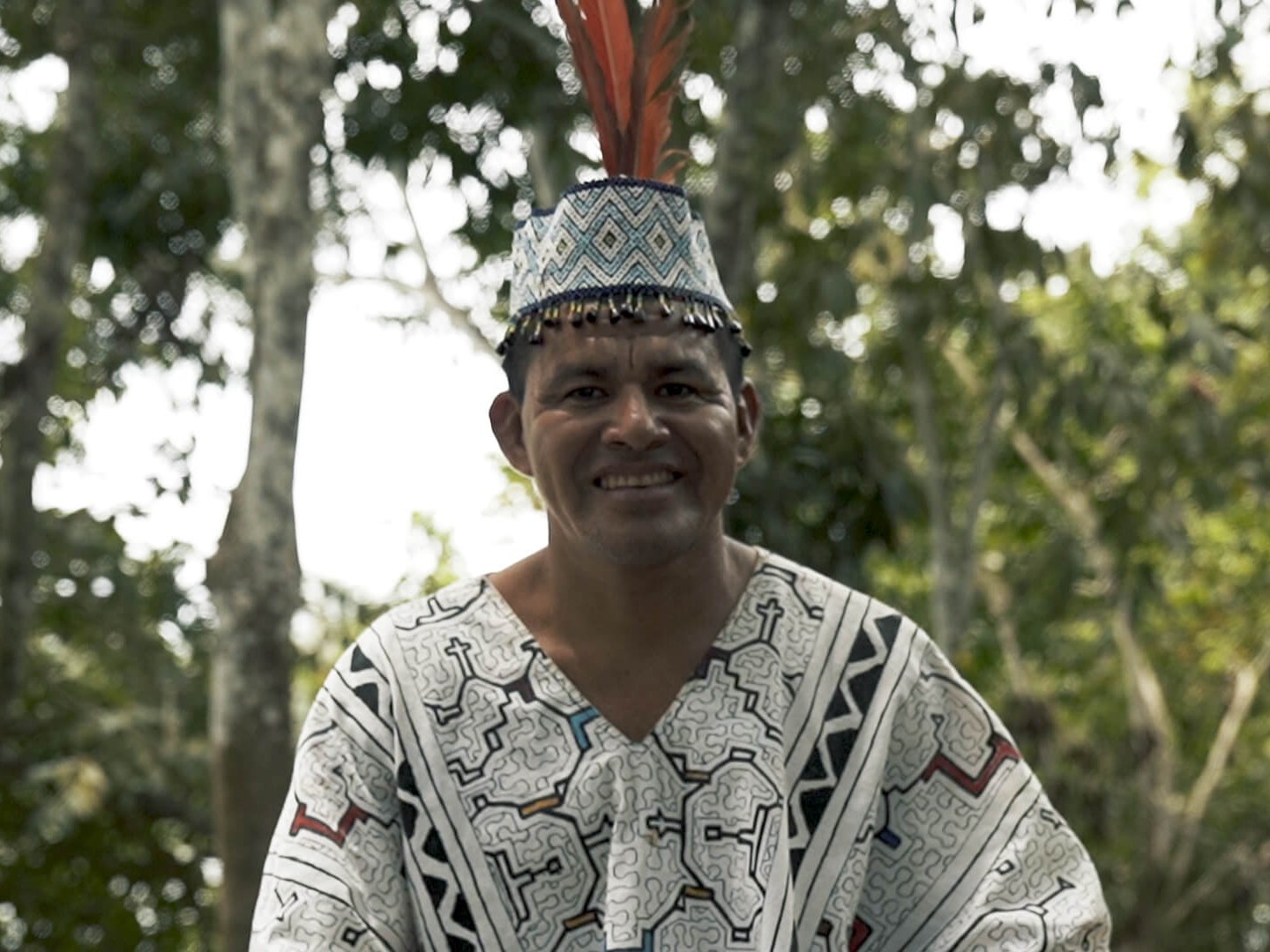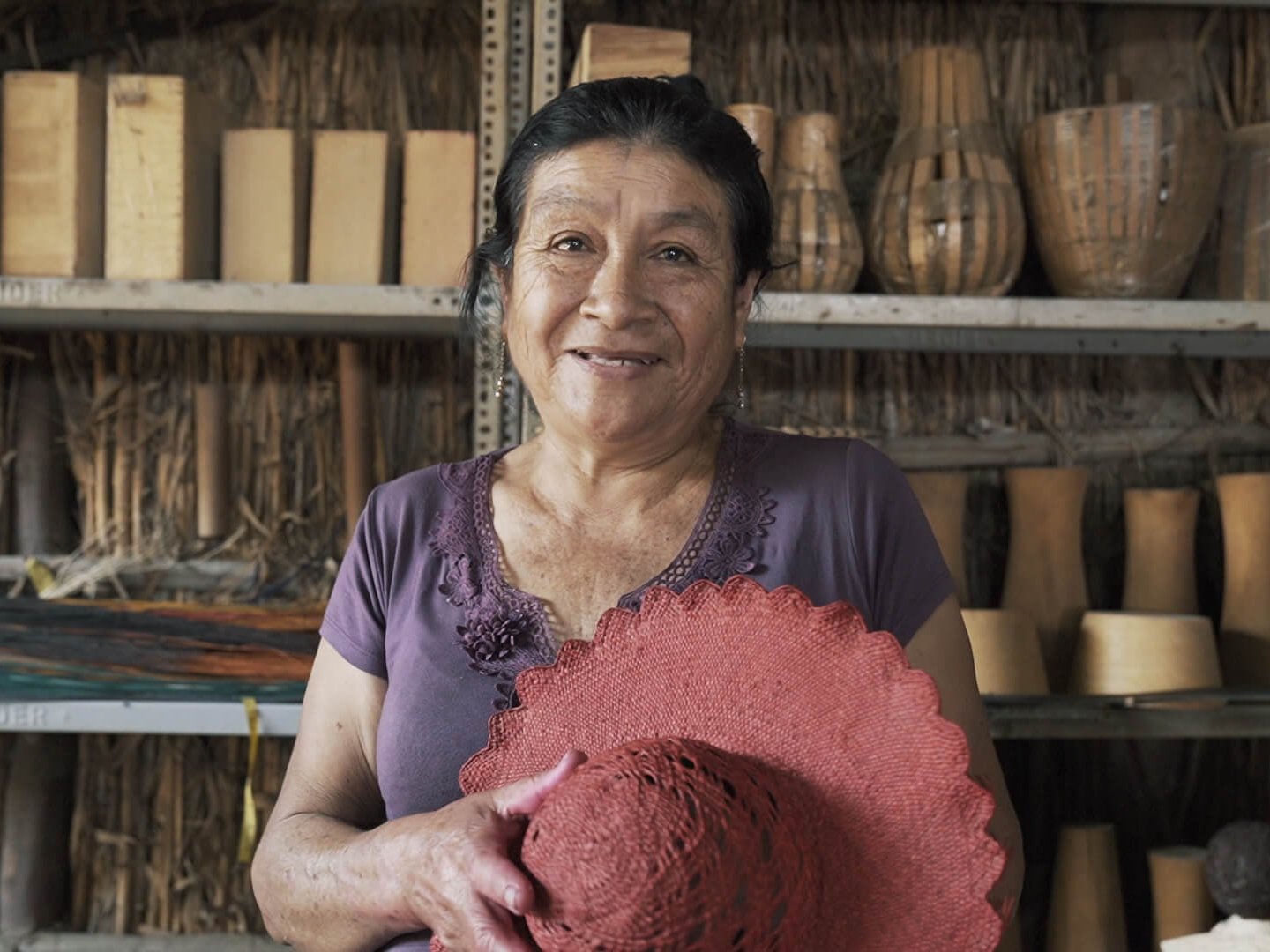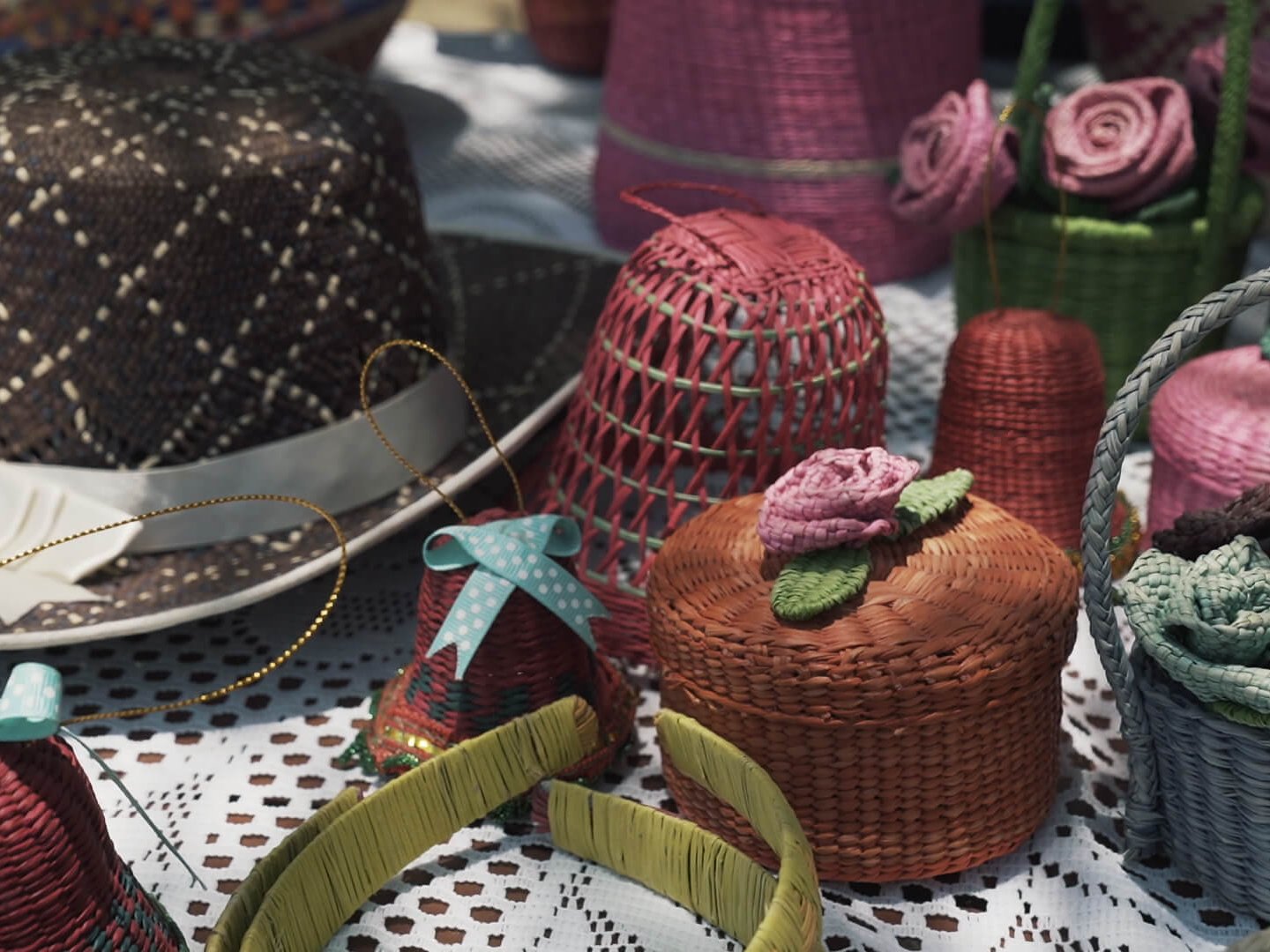Leia em português.
The United Nations Refugee Agency, UNHCR, says that many many Venezuelans have left their country since 2015. Over four million in fact. And a million of these were just from November 2018 to June 2019.
M y name is Yilmary Perdomo. I’m one of thousands of Venezuelans who have left our country because of the political and economic crisis. Most of us have come to Brazil or Colombia. Our lives now, although better than they were in Venezuela, are far from perfect.
When people ask me why I left in 2016 before the crisis, I tell them that back then the country was already in political trouble, the outside world just didn’t know it. We did not leave because we wanted to. Inflation was very high so people tried to buy food and things like medicine, as soon as they were paid. But this meant there were always long lines at the store and sometimes you could wait four to five hours to then go into a store, only to find very little left. People are going hungry. Very educated people, like lawyers and engineers, are leaving the country because there are few opportunities. But their qualifications don’t count in other countries so they end up working other jobs like taxi drivers or fast food servers.
I left my home in Aragua, in the north of Venezuela, with my husband, stepson and two small children.
Though the arrival of food lines was very worrying, as was the increasing interference of the government in many workplaces, it was the lack of security that made us decide to leave.
Although I admit my family had discussed moving away, when we finally decided, it was very fast. My mother-in-law started to get calls threatening to kidnap my daughter if we didn’t pay a ransom. My daughter stayed at home for six months and didn’t go to school because I was too scared to send her.

I was an occupational therapist in Venezuela but my qualification isn’t recognised here, so I turned to cooking to make money.
The United Nations Refugee Agency, UNHCR, says that many many Venezuelans have left their country since 2015. Over four million in fact. And a million of these were just from November 2018 to June 2019.
When we left our home, we first moved to a house in Guarulhos for a year. My family now lives in a three-bedroom apartment in São Caetano do Sul. Both cities are located in the metropolitan region of São Paulo city in Brazil.
I had a house in Venezuela, but all I could bring with me were some photographs. Now I don’t even want to change the old picture frames because they remind me of my old home.
I was an occupational therapist in Venezuela but my qualification isn’t recognised here, so I turned to cooking to make money. I cook seven days a week. My husband, who was a special education teacher in Venezuela, teaches Spanish and is an Uber driver.
In São Caetano do Sul, my day usually starts before 4AM. I am usually the first to get up. I fix breakfast, finish cooking for my clients, and take my daughter to school. I don’t have much time for anything except work and my kids.

I want to show that Venezuela has a lot more good things than bad.'
Cooking for me has become much more than just a way to pay the bills. Cooking means being close to my family, close to my roots, remembering how my grandmother cooked, how my mother taught me. Cooking is my way of expressing my culture, my joy and happiness. That is what I remember when I cook. I want to show that Venezuela has a lot more good things than bad.
Starting slowly at first by cooking for friends, I then attended some workshops for refugees run by the UNHCR. This helped me decide to open up my own small business, Tentaciones de Venezuela. We specialize in regional Venezuelan food.
I sell my food in the streets and open markets, or cater for coffee breaks and mealtimes for people in their homes or workplaces.
Earlier this year, the Brazilian government gave my family and me refugee status. I wanted to expand my business, so I tried to get a loan. But even with refugee status it was difficult. Even before applying for a loan, I had to go to the bank seven times to try to open an account. Seven times! There was always some document missing, they said.

Finally, I found help from Caritas, a non-governmental organization linked to the Catholic Church. They told me that the Brazilian government would give anyone with refugee status permission to open a bank account at any government-run bank. But most bank employees did not know about this. Caritas, on the other hand, was able to open a bank account for me in less than 15 minutes.
As for getting a loan, it is almost impossible to secure one through a public bank as I don’t have an ID card and I don’t have assets in my name.
After months of trying, I was finally approved for a loan at a private bank, but because interest rates were very high, I decided not to take it. Monthly rates of interest for personal loans in Brazil right now are around 6.2% per month.
All we need is an opportunity; all we need is support so we can thrive. Refugees come to add, not take away from the new communities and countries we join.
Lise Alves is a freelance writer based in Brazil.
Photography by Sarita Reed.
For more on identity in a digital age, join our Facebook group.





